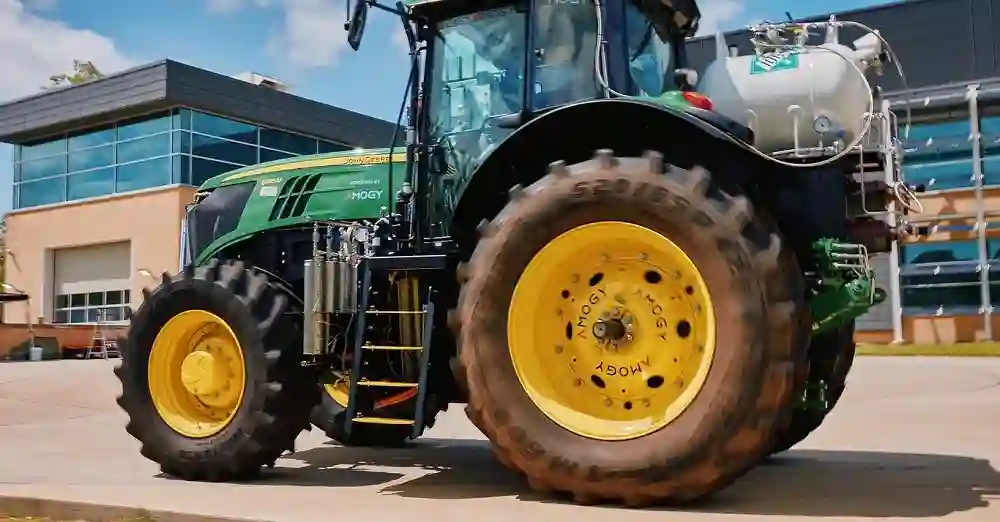Tractors, the backbone of modern agriculture, are pivotal in farming for plowing, planting, tilling, and more. However, as with many aspects of industrialization, tractor transport has significant environmental impacts. Here we will explores these impacts and discusses sustainable solutions to mitigate them.
Environmental Impact of Tractor Transport
- Emissions: Tractors, primarily diesel-powered, emit a range of pollutants, including nitrogen oxides (NOx), particulate matter (PM), and carbon dioxide (CO2). These emissions contribute to air quality degradation, climate change, and health issues in rural and farming communities.
- Soil Compaction: Heavy tractors can lead to soil compaction, reducing its porosity and affecting water infiltration, root growth, and nutrient uptake. This can lead to decreased agricultural productivity and increased runoff, contributing to erosion and water pollution.
- Noise Pollution: Tractors generate significant noise, which can affect both wildlife and human health, disrupting local ecosystems and leading to hearing impairment or stress in individuals frequently exposed to it.
- Resource Use: Manufacturing and operating tractors require significant amounts of resources, including metals, rubber, and fossil fuels. The extraction, processing, and consumption of these resources contribute to environmental degradation.
Sustainable Solutions
- Alternative Fuels and Electrification:
- Biofuels: Using biofuels can reduce dependency on fossil fuels and lower emissions. However, it’s crucial to consider the source of biofuels to avoid competing with food crops or leading to deforestation.
- Electric Tractors: Electric tractors produce zero emissions at the point of use and can be powered by renewable energy. They are quieter and may reduce long-term operating costs.
- Precision Agriculture:
- Technologies like GPS and sensor-based systems allow for more precise application of water, fertilizers, and pesticides, reducing the amount of these inputs needed and minimizing environmental impact.
- Autonomous or semi-autonomous tractors can optimize routes and reduce fuel consumption and soil compaction.
- Improved Maintenance and Operation:
- Regular maintenance ensures tractors operate efficiently, reducing fuel consumption and emissions.
- Training for operators can lead to more efficient driving techniques, further reducing environmental impacts.
- Innovative Farming Practices:
- Conservation Tillage: Techniques like no-till or reduced-till farming minimize soil disturbance, reducing erosion and soil compaction.
- Cover Cropping: Integrating cover crops can improve soil health, reduce erosion, and enhance biodiversity.
- Lifecycle Management:
- Designing tractors for durability, repairability, and eventual recycling can reduce their overall environmental footprint.
- Implementing take-back programs and recycling components at the end of their life can minimize waste.
Challenges and Future Directions
While sustainable solutions offer significant benefits, they also come with challenges. The initial cost of electric tractors and the infrastructure for alternative fuels can be prohibitive. There’s also a need for ongoing research and development to improve the efficiency and affordability of these technologies.
Future directions might include further integration of renewable energy, continued innovation in battery technology and materials science, and policies and incentives to encourage the adoption of sustainable practices. Visit to know more https://www.shiply.com/de/fahrzeugtransport/traktortransport.php
Conclusion:
The environmental impact of tractor transport is multifaceted, affecting air quality, soil health, and resource use. However, through a combination of technological innovation, sustainable farming practices, and policy support, it is possible to mitigate these impacts. By investing in sustainable solutions, the agricultural sector can continue to provide essential services while protecting and preserving the environment for future generations.









